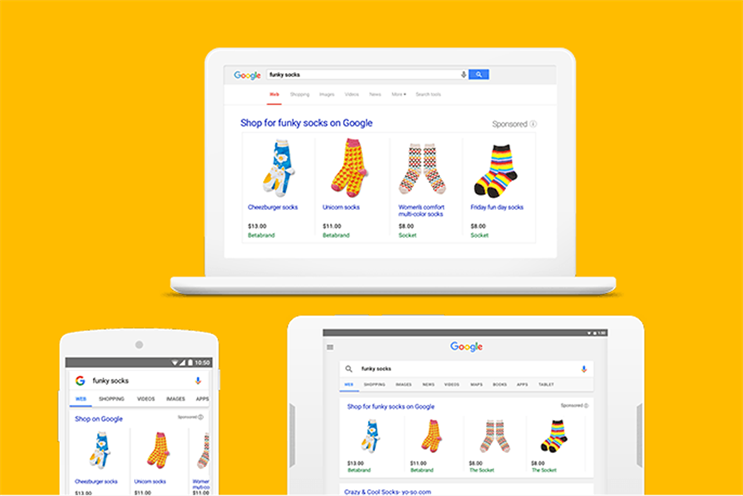are suggesting that Google will create a new standalone Shopping service, which, if confirmed, could have significant ramifications for advertisers using the Google Shopping advertising product.
The news suggests that within the EU, Google will open up the auction for spaces usually reserved for its Shopping ads to rival sites such as Kelkoo and PriceGrabber, in addition to advertisers who currently bid for these slots via its AdWords platform.
As a result of a complaint brought forward by some of Google’s competitors in the price comparison space, the EU ruled in June that Google pay a €2.4bn (£1.79bn) fine, and withdraw from ‘monopolistic’ practices relating to how it serves ads and monetises its search engine.
Regulators ordered the search giant to make these changes by today or face a fine of up to 5% of daily revenue if it fails to comply.
What this means for retailers
In the short-term, advertisers can expect metrics like impressions, impression share, click-through-rates and especially cost-per-click to be negatively affected, as Google opens up the auction to competing product comparison sites.
Indeed, there are already signs of this taking shape, with Shopping ads now carrying "By Google" messaging underneath each ad unit to denote ads from its own platform.
In the medium-term, it’s likely that most performance metrics will be affected, including conversion tates, due to more ‘advertisers’ effectively competing for the same ad space.
Retailers may even also need to look to other product comparison channels in order to maintain their reach within Google itself. We could see a fundamental change in how retailers approach their search advertising activity, particularly in the run-up to Christmas.
The long-term view may be that this ruling has significant ramifications for search overall, beyond the EU, and beyond just Google.
For example, if other bodies take note and decide to enforce similar measures, Google search market share for product related search queries may be impacted on a global scale.
Moreover, Google may take pre-emptive measures and decide to roll out substantial changes universally to its Shopping product, in order to avoid future issues now that the precedent has been set.
Should other advertising platforms be worried by this news? Potentially, yes.
What’s to stop the EU ruling that Amazon’s sponsored products feature, which promotes seller’s products on Amazon, won’t also be seen as a monopolistic practice? We could see some of the world’s most popular e-commerce platforms having to give up valuable screen real estate to competitors in order to satisfy regulators and other observing parties.
Harpal Singh is a paid media evangelist at Jellyfish


